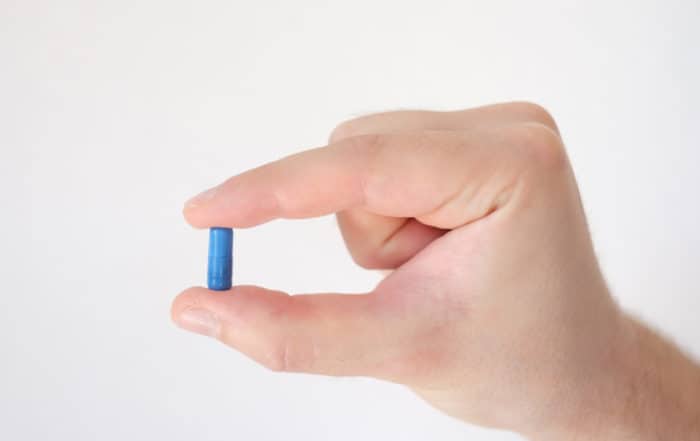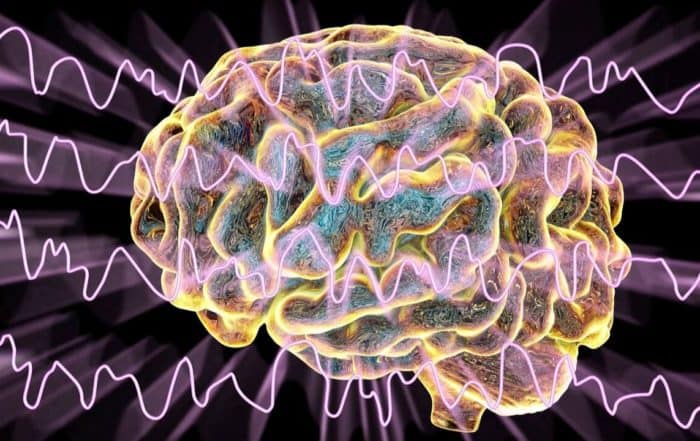A prescription drug used to treat edema (fluid buildup in the body) appears to reduce some symptoms of autism spectrum disorder (ASD) in young children by altering the balance between the neurotransmitters GABA and glutamate, according to a new study by researchers in China and the United Kingdom.
Lingli Zhang and colleagues tested the effects of the drug bumetanide (0.5 mg twice a day) on 42 children with ASD, all between three and six years of age, comparing them to a control group of 41 children with ASD who received no treatment. Assessing the children at the end of the three-month trial using the Childhood Autism Rating Scale (CARS), the researchers report, “Compared with the control group, the bumetanide group showed significant reduction in symptom severity, as indicated by both total CARS score and number of items assigned a score greater than or equal to 3 [a score indicating moderate abnormality].” The researchers also found that the drug decreased the ratio of the GABA to glutamate in two key regions of the brain: the insular cortex (which plays a role in emotions, empathy, and self-awareness) and the visual cortex (which integrates and processes visual information).

While GABA is an inhibitory chemical in the adult brain, it is primarily excitatory in the brain during early development. There is some evidence that ASD may result from altered brain development involving an excitatory-inhibitory imbalance, and the researchers say their findings provide support for the hypothesis that “bumetanide can restore excitatory-inhibitory balance in the autistic brain, thereby promoting normal brain function and social emotional cognition.”
The researchers report that the drug was well tolerated, with no participants withdrawing from the trial due to adverse effects. Mild side effects included frequent urination (15 children), small decreases in potassium levels (4 children), loss of appetite (4 children), fatigue (one child), and a mild elevation of uric acid in the blood (one child).
—
“Symptom improvement in children with autism spectrum disorder following bumetanide administration is associated with decreased GABA/glutamate ratios,” Lingli Zhang, ChuChung Huang, Yuan Dai, Qiang Luo, Yiting Ji, Kai Wang, Shining Deng, Juehua Yu, Mingyu Xu, Xiujuan Du, Yun Tang, Chun Shen, Jianfeng Feng, Barbara J Sahakian, Ching-Po Lin, and Fei Li, Translational Psychiatry, January 2020 (free online). Address: Qiang Luo ([email protected]), Ching-Po Lin ([email protected]), or Fei Li ([email protected]).
—and—
“Prescription drug improves symptoms of autism by targeting brain’s chemical messengers,” news release, University of Cambridge, January 27, 2020.
This article also appears in Vol. 34, No. 1, 2020, of Autism Research Review International
Research on non-psychoactive cannabis extract use for autism symptoms
Learn about emerging research on the effectiveness of cannabidivarin (CBDV) on irritability and repetitive behaviors in children with ASD. CBDV is a non-psychoactive chemical compound and does not cause
Strategies for Teaching Pill Swallowing
Some people with ASD have difficulty swallowing pills - learn tips for teaching the skill to individuals with developmental disabilities. The talk features specific tips for using applied behavioral
Electrophysiology and the Potential Benefits of tDCS and rTMS Treatment
Published: 03/16/2016 Dr. Casanova completed his residency training in neurology and then spent 3 years doing a fellowship in neuropathology at The Johns Hopkins Hospital. During his stay at the Johns Hopkins
Selecting Supplements: Know the Source – V Kobliner, MS, RD
Are you wondering how to pick a good quality supplement? Why do prices vary so much? Is it safe to buy on Amazon? What is
Nutrient Supplements: What to do First and Symptom-Specific Recommendations
Presented by Dana Laake, RDH, MS, LDN at the Fall 2012 Autism Research Institute Conference. Ms. Laake is a Licensed Nutritionist specializing for 40 years in complex medical nutrition issues affecting children






